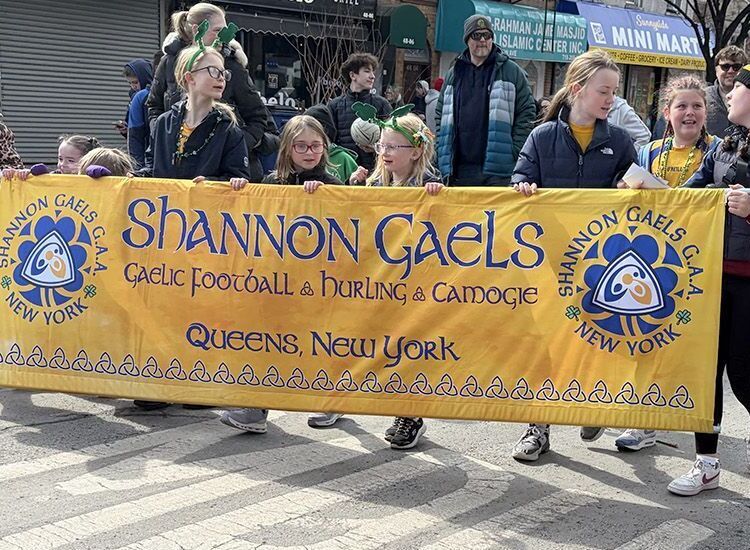Throughout the 20th century, and to this day, successive administrations appear either willfully ignorant of British history and tactics in Northern Ireland, or indulgent of their malice there.
One consequence of bowing to her majesty's entreaties in the Irish conflict is bearing a symbol, one of collaboration in the ruining of justice and democracy. This symbol hangs like garlic around our neck when we try to champion those same concepts abroad. Is this old news? A look at Ireland and around the world today suggests we have a terrible reputation to overcome.
How the U.S. acquired this reputation results from certain factors.
Foreign affairs is the province of the president with certain roles for the House (financial) and for the Senate (treaty ratification).
The focus here is on presidential action or inaction in the Irish conflict.
The House showed a concern for human rights violations in Northern Ireland by banning export licenses for 3000 Ruger revolvers to the Royal Ulster Constabulary in 1979.
The Senate, in the 1980s, questioned at length U.S.-UK extradition treaties signed by presidents Reagan and Bush.
The UK is a monarchy without a constitution or bill of rights with a state-run religion and a House of Lords that is equivalent to our Supreme Court. Britain spends millions here to convince Americans that we should think and act alike because of our common bonds.
This "special relationship" bloomed at the beginning of the 20th century. In apparent awe of the empire, the U.S. did nothing when England declared the freely elected Irish parliament, the D









